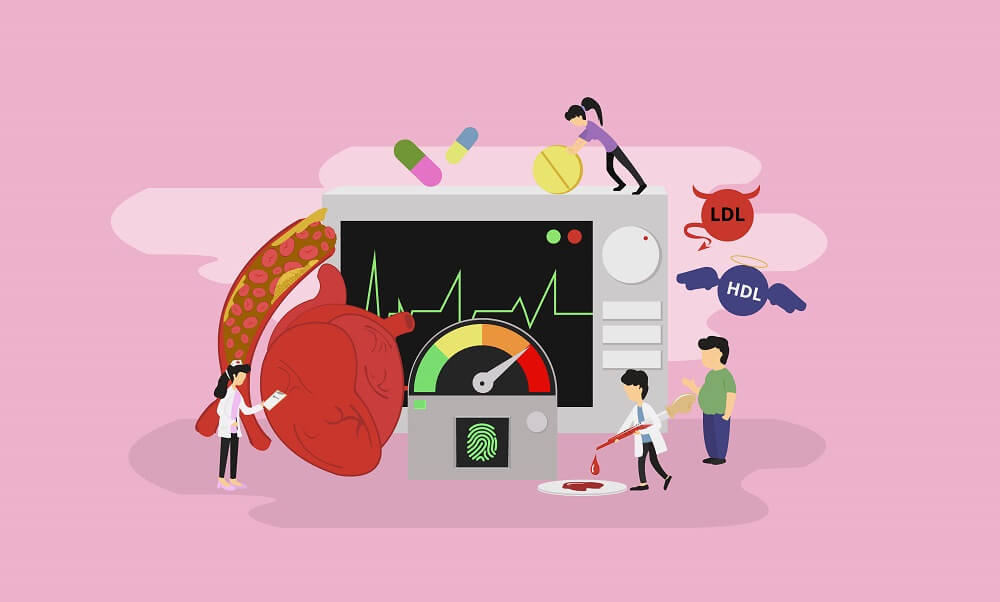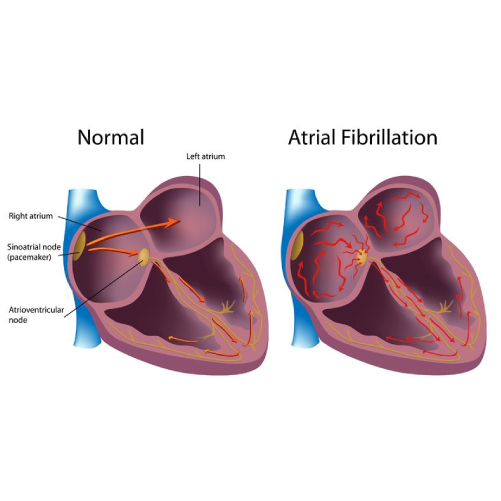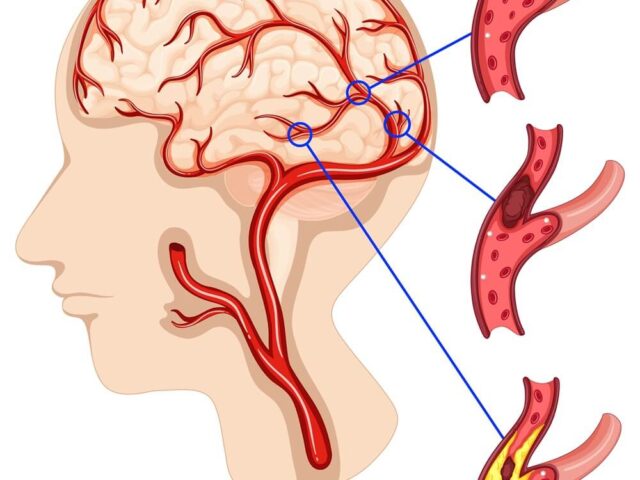What Are the 6 Risk Factors of Heart Disease?

Heart disease remains a significant global health concern, accounting for a considerable number of deaths worldwide. While it is well known that factors such as high blood pressure, high cholesterol levels, and obesity can contribute to heart disease, there are several other lesser-known risks that also play a crucial role in its development.
In this article, we will explore a few crucial risks associated with heart disease, shedding light on these lesser-discussed factors that deserve attention for prevention and management.

Sedentary Lifestyle
A sedentary lifestyle, characterized by limited physical activity, poses a significant risk factor for heart disease. Regular exercise helps maintain a healthy weight, improves blood circulation, and strengthens the heart muscle. Lack of physical activity, on the other hand, leads to weight gain, high blood pressure, and an increased risk of developing cardiovascular problems.
Stress, Depression, and Other Mental Health Disorders
Chronic stress, depression, and certain mental health conditions can contribute to heart disease. Prolonged stress raises blood pressure and increases the production of stress hormones, which can damage the arteries and lead to inflammation. Additionally, unhealthy coping mechanisms like smoking, overeating, or excessive alcohol consumption often accompany stress, further exacerbating the risk of heart disease. Depression exacerbates heart disease causes as well.
Poor Diet
An unhealthy diet characterized by excessive intake of saturated and trans fats, refined sugars, and sodium significantly increases the risk of heart disease. These dietary factors contribute to elevated cholesterol levels, obesity, and hypertension, all of which strain the cardiovascular system. A diet lacking in fruits, vegetables, whole grains, and lean proteins deprives the body of essential nutrients and protective antioxidants, further escalating the risk.
Diabetes
Diabetes, especially type 2 diabetes, is closely linked to heart disease. High blood sugar levels can damage the blood vessels and nerves that control the heart and blood vessels, leading to complications such as coronary artery disease, heart failure, and heart attacks. Individuals with diabetes often have additional risk factors like obesity, high blood pressure, and abnormal cholesterol levels, compounding their susceptibility to heart disease.
Sleep Disorders
Sleep disorders, particularly sleep apnea, have emerged as significant risk factors for heart disease. Sleep apnea causes interrupted breathing during sleep, leading to oxygen deprivation and an increase in blood pressure. Over time, this strain on the cardiovascular system can contribute to the development of heart disease, arrhythmias, and stroke. Moreover, insomnia and other sleep disorders can contribute to mental illnesses like anxiety and depression, and it is well known that depression exacerbates heart disease cause. Addressing and managing sleep disorders is crucial for reducing the risk of heart-related complications.
Family History and Genetics
A family history of heart disease can significantly impact an individual’s risk. Genetics play a role in determining factors such as cholesterol levels, blood pressure, and the propensity for developing arterial blockages. Understanding one’s family history and genetic predispositions can help individuals and healthcare professionals take necessary precautions and interventions to mitigate the risks effectively.
Smoking and Alcohol Consumption
Smoking and excessive alcohol consumption are well-established risk factors for heart disease. Smoking damages blood vessels, reduces the oxygen supply to the heart, and increases the risk of blood clots, all of which can lead to heart attacks and strokes. Similarly, excessive drinking raises blood pressure, weakens the heart muscle, and contributes to weight gain, increasing the likelihood of heart disease. Quitting smoking and practicing moderation in alcohol consumption are crucial steps in minimizing the risk of heart-related complications.
Conclusion
Understanding and addressing risks like a sedentary lifestyle, stress, poor diet, diabetes, sleep disorders, and family history, individuals can help you take proactive steps to reduce your susceptibility to heart disease. Emphasizing prevention, adopting a heart-healthy lifestyle, and seeking professional guidance from a heart specialist in Hyderabad (or wherever you are based) are essential in safeguarding cardiovascular health and promoting overall well-being. Taking care of your mental health is just as crucial.
Dr. C Raghu is a renowned interventional cardiologist who is often regarded as the best cardiologist in Hyderabad. If you or anyone you know has been diagnosed with heart disease, connect with Dr. Raghu today to discuss your treatment plan.
Book Online Consultaion
What Are the 5 Most Common Heart Problems?
Subscribe the Hearty Life Blogs

DR. RAGHU | Best Cardiologist in Hyderabad
Cardiology Coronary, Vascular and
Structural Interventions
Conditions & Diseases

Angioplasty

Aortic Stenosis

Atrial Fibrillation






